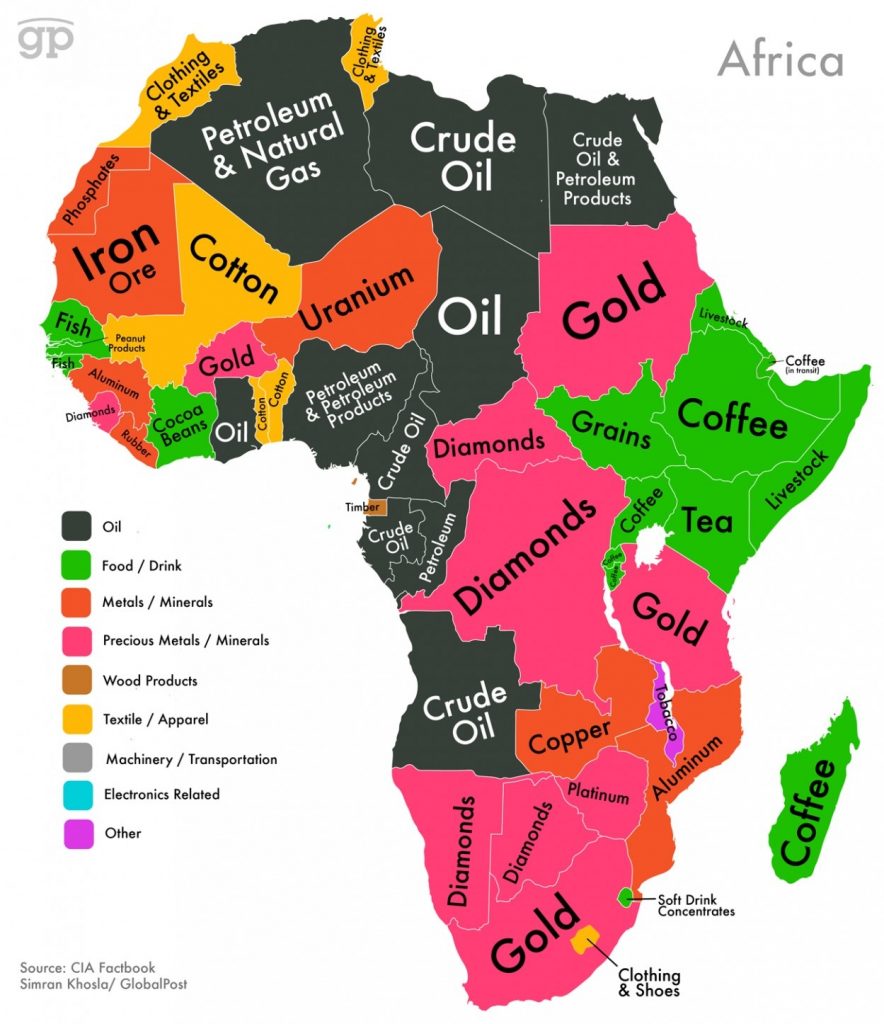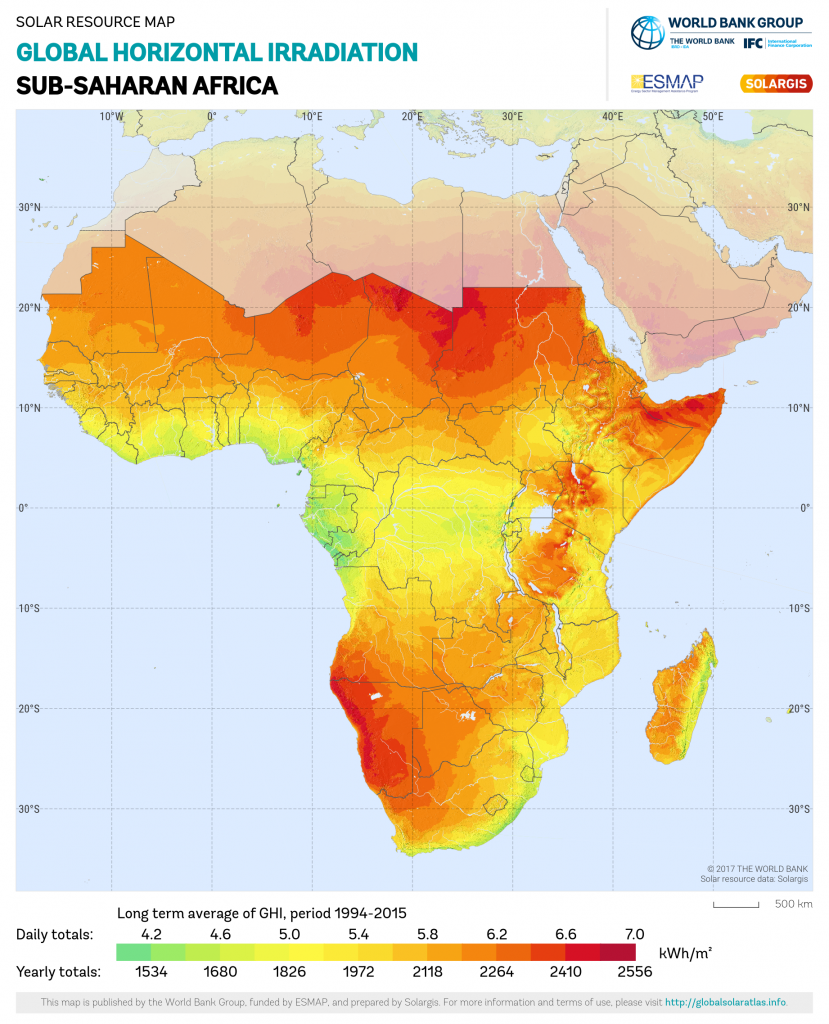With 1.2 billion inhabitants and 30 million square kilometers, Africa is often forgotten during the debates about renewable energy. The continent is actually rich in oil, gas, and other valuable fossil fuels. It is also one of the most mineral-rich areas in the world. But inefficiency and poor management have led to an underdeveloped energy industry. Indeed, Africans struggle with electricity supplies in general. So what are the opportunities and possibilities of oil and gas in Africa?
Opportunities in oil and gas
Africa is currently facing a dilemma. Oil and gas prices are rising and demand is set to peak around 2040. The continent has ample resources and new discoveries are being made regularly. For example, almost 40% of new gas discoveries over the last 10 years were found in Sub-Saharan Africa. North and Central Africa contain major oil-producing countries, like Lybia and Nigeria. Conversely, countries around the world are pushing for decarbonization and renewable energy. Africa has some advantages. The entire continent’s energy and industrial facilities produce only 2-3% of the world’s CO2 from such sources. Germany’s energy and industrial sectors produce more. The continent’s development hinges on adequate energy resources and income.
Figure 1: The most valuable exports of African countries.

Figure 1 shows the prevalence of oil and petroleum as high-value exports. Even if Africa chooses to aggressively pursue a policy of decarbonization, it will need resources and baseline energy to start. Financing is hard to come by, particularly as Africa has a high share of the world’s extremely poor. Most aid treats basic needs like food and medication. Energy infrastructure is not high on development agencies’ list of priorities. African countries are encouraged to use their potential cheap energy sources, though carbon-neutral solutions are scarce.
Limitations of slow decarbonization
Unlike Europe or North America, Africa struggles with getting adequate energy to its population. Sub-Saharan Africa has an electrification rate of below 50%, meaning that roughly 570 million people do not have regular electricity. The picture is not entirely bleak. Hydroelectric power is common across the continent. African governments are focusing significant parts of their budgets on energy. But without a baseline of energy and income to fund infrastructure, renewable energy is difficult to implement. Gas-based energy is still considerably cheaper than the alternatives. Leaders may struggle to explain why they are not using a readily available resource when half the population lacks electricity.
Alternatives of oil and gas
Africa has one major advantage when it comes to renewable energy.
Figure 2: Global Horizontal Irradiance in Sub-Saharan Africa.

Figure 2 shows the amount of sunlight that Africa receives yearly. The continent is exposed to more sunlight per year than any other. Long-term projections indicate that Africa, with the right infrastructure, could produce around 60,000,000 TWh/year. This is roughly 30-40% of global electricity reserves. Whether Africa will reach this potential is a question of available finance and political will.
What to keep an eye on
While the decision between fossil fuels and renewable energy seems difficult, the continent faces a larger issue from mismanagement. Finances are inconsistently distributed and efficiency is erratic. Africa will need to overcome these issues before it can solve its energy issues. Businesses should keep an eye on oil and gas from Africa. Should governments choose to expand oil and gas extraction, their supply should be felt around the market. This is another piece of the puzzle of predicting energy prices.
Companies need to develop comprehensive energy management plans. The Net Zero Food & Beverage Forum: Energy Efficiency and Decarbonisation conference, held from the 16th to 17th of February is an ideal opportunity. Industry leaders and innovators will gather in Berlin to discuss and exchange ideas and experiences with managing energy consumption. Visit future-bridge.eu or follow us on our social media to track other energy use and decarbonization events.
